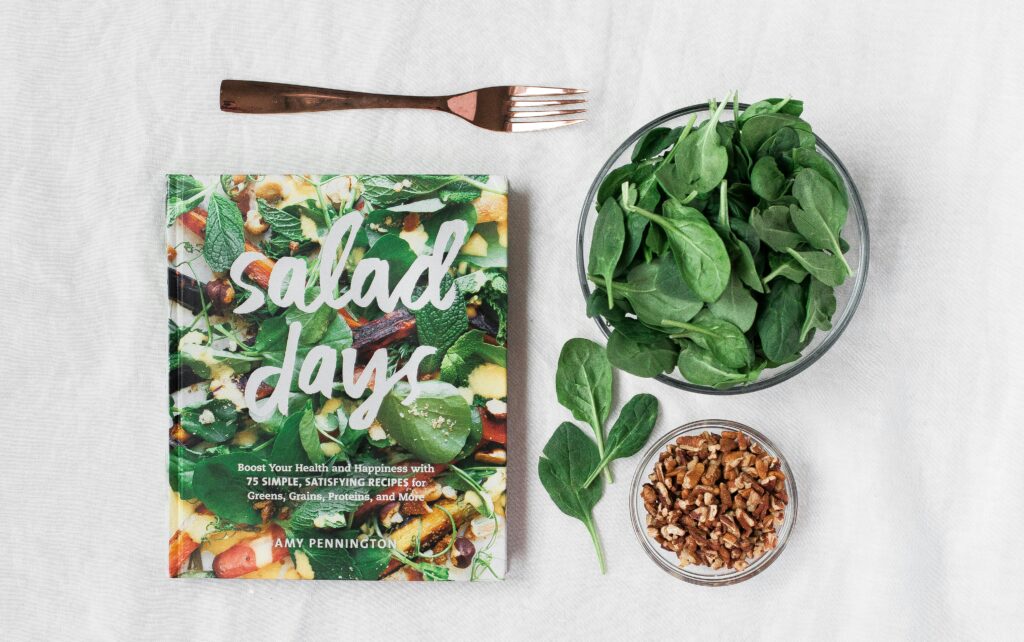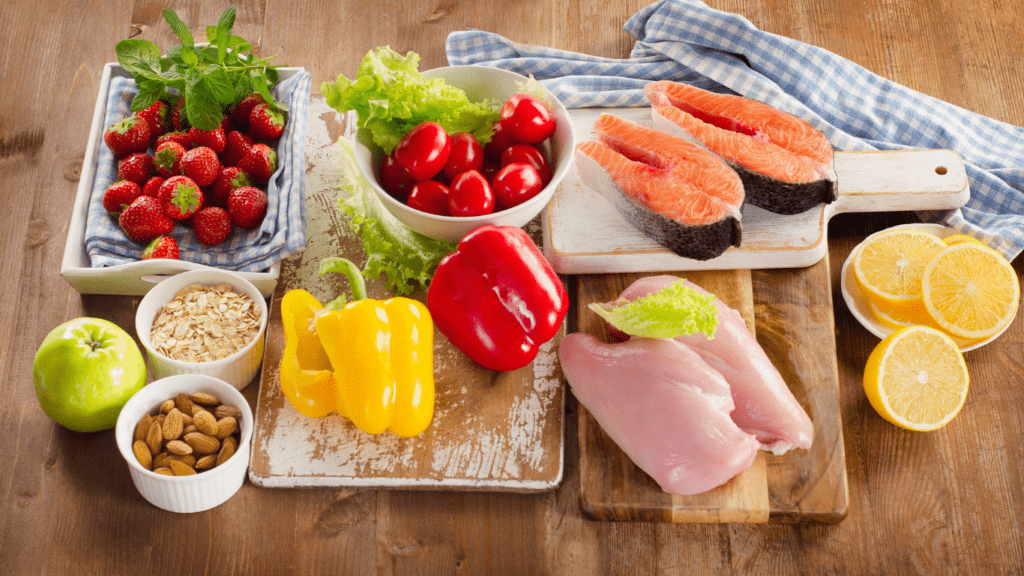Why Gut Health Deserves Your Attention
Your gut isn’t just a digestion machine. It’s home base for much of your immune system, a key player in your mental health, and a regulator of inflammation throughout your body. When your gut’s off, the rest of you feels it quick.
Signals that something’s not working right can be subtle at first: bloating that lingers, nagging fatigue, food sensitivities that weren’t an issue before. These aren’t random. They’re often your gut waving a red flag.
Fixing it isn’t about magic powders or one week resets. Building a strong, balanced gut takes time. It’s about steady habits, smarter food choices, and paying attention to how your body reacts. There’s no overnight fix but there is long term payoff if you’re in it for the long game.
Eat More Fermented Foods
Fermented foods aren’t just trendy they’re foundational. Yogurt, kefir, kimchi, and sauerkraut are packed with live cultures that support your gut’s colony of good bacteria. These probiotics help balance your microbiome and support everything from digestion to immune function. They’re like reinforcements for the squad that keeps your system humming.
The magic comes from fermentation. It’s a natural preservation method that also creates beneficial microbes. When you eat these foods regularly, you’re not just adding bacteria you’re packing in a range of strains that help boost microbial diversity. A wider cast of bacterial characters means a more resilient gut.
If you’re not used to fermented flavors, start slow. Add a spoonful of sauerkraut to your lunch. Use kefir in smoothies instead of milk. Mix kimchi into scrambled eggs or stir fries. The goal isn’t to overwhelm your taste buds it’s to make probiotics part of your rhythm without reinventing every meal.
Consistency matters more than quantity. A bit a few times a week goes further than a tub of yogurt once a month.
Fiber: The Unsung Hero
Fiber doesn’t get the hype it deserves, but it plays a frontline role in gut health. It comes in two main types soluble and insoluble and you need both. Soluble fiber dissolves in water and forms a gel like substance in your gut. It slows digestion, helps control blood sugar, and keeps cholesterol levels in check. You’ll find it in oats, beans, apples, and flaxseeds. Insoluble fiber doesn’t dissolve; it adds bulk to your stool and keeps things moving. Think whole grains, leafy greens, and carrots.
Why does this matter? Because fiber feeds your good gut bacteria. When these microbes munch on fiber, they produce short chain fatty acids compounds that lower inflammation, boost immunity, and improve how your body absorbs nutrients.
If you want to level up your fiber game without overthinking it, start with simple swaps. Trade white rice for brown. Choose whole grain bread instead of white. Toss chickpeas into your salad. Snack on raspberries or almonds. Do it little by little, and your gut will thank you.
Ditch What Doesn’t Serve You

If you’re serious about improving your gut health, start by cutting out what’s actively working against it. Processed sugars and refined carbs are among the worst offenders. They spike blood sugar, feed inflammatory bacteria, and crowd out the beneficial microbes your gut depends on. The result? Imbalance, bloating, sluggish digestion, and more long term issues if left unchecked.
Alcohol and artificial sweeteners aren’t off the hook either. Alcohol throws off your gut barrier and kills good bacteria, while certain sweeteners like aspartame and sucralose mess with your microbiome, even if they’re calorie free. Don’t confuse “light” or “sugar free” with gut friendly.
This is where label reading comes in. If you can’t pronounce it or it sounds like chemistry class, it’s probably not your gut’s friend. Scan for added sugars (even the sneaky ones like dextrose or maltodextrin), hydrogenated oils, and anything labeled “artificial.” Keep it simple: fewer ingredients, more whole foods. Your gut will thank you.
Embrace Polyphenols and Prebiotics
Some of the best allies for your gut aren’t hiding in a supplement bottle they’re in your kitchen. Polyphenols and prebiotics are naturally occurring compounds that feed and protect the microbiome. Polyphenols, found in foods like berries, green tea, and garlic, are plant based antioxidants that reduce inflammation and support the growth of beneficial bacteria. Prebiotics, like those in onions, leeks, and asparagus, act as food for these microbes, helping them thrive in your digestive tract.
You don’t need to overcomplicate it. Handful of berries in your oats. Brewed cup of green tea in the afternoon. Garlic tossed into a stir fry. Raw onion on a salad. These small additions create big shifts when done consistently. The game changer? Stack them with fiber. Polyphenols and prebiotics work best in a gut that’s regularly getting fiber it’s the combo that primes your system for better digestion, stronger immune function, and even sharper mental clarity.
Think balance over perfection. These ingredients aren’t magic, but they’re power tools in your gut care toolkit.
Don’t Sleep on Superfoods
When it comes to gut health, what you eat matters just as much as what you avoid. Superfoods those nutrient packed ingredients you hear about all the time aren’t just hype. They’re loaded with vitamins, minerals, and compounds that keep your digestive system running smoothly and help your body bounce back from daily stress.
Diversity is key. Your gut microbiome thrives on variety, not repetition. That means dark, leafy greens like kale and spinach, crunchy cruciferous veggies like broccoli, and colorful options like purple cabbage or sweet potatoes. These come packed with fiber, but also powerful phytonutrients that protect your gut lining.
Then there’s the good fat crew think avocados, flax seeds, walnuts, and wild salmon. These omega 3 rich picks lower inflammation and support the barrier function of your gut. And don’t ignore fermented or cultured plant based foods like tempeh or miso they do double duty for digestion and microbial diversity.
Bottom line? No single food will fix everything. But stacking a wide range of superfoods in your meals daily and consistently can transform how your body handles stress, absorbs nutrients, and fights off illness. Ready to level up? Load up on essential superfoods and start feeding your gut with intent.
Hydration and Routine Matter Too
Gut health isn’t just about what you eat it’s also about when and how you live. First, water. Simple, cheap, overlooked. But it’s essential for digestion. Hydration helps keep things moving through your system, prevents constipation, and supports the lining of your gut. If you’re ignoring your water intake, your gut’s probably paying for it.
Next, meal timing. Your gut has its own circadian clock, and erratic eating habits can throw it out of sync. Eating at regular times supports your microbiome and helps your body manage digestion more efficiently. Think rhythm over randomness.
And don’t underestimate the role of stress and sleep. Chronic stress can change your gut bacteria for the worse. Poor sleep does the same. Prioritize downtime. Get serious about rest. Your nervous system and your gut are tightly linked. If one’s out of whack, the other usually follows. Keep both in check, and your gut has a real shot at thriving.
Build a Gut Friendly Lifestyle
Your gut isn’t a switch you flip it’s a system you train. While food plays a major role, the daily choices you make can mean the difference between sluggish digestion and a gut that works for you, not against you. It comes down to habits, not hacks.
Start with the basics. Move your body, manage your stress, and get solid sleep these aren’t extra credit; they’re foundational. Your microbiome responds just as much to lifestyle patterns as it does to your breakfast.
And when it comes to nutrition, don’t try to overhaul everything at once. Small, repeatable changes matter more than perfection. Maybe that means switching soda for kombucha. Maybe it’s a fiber packed snack instead of something ultra processed. Consistency builds momentum.
Last, be intentional with what you put on your plate. Load it with gut nourishing choices like leafy greens, fermented foods, and healthy fats. For a strong start, check out this list of essential superfoods that do more than just fill you up they fuel you from the inside out.


 Senior Sports Writer
Alfred Alder is the senior sports writer at Sprint Scoop News, bringing his extensive knowledge of fitness, training, and sports business to the forefront. With a career spanning more than a decade, Alfred specializes in delivering high-quality, engaging content that covers everything from sponsorship trends to the latest in health and nutrition for athletes. His deep understanding of the sports industry allows him to provide readers with comprehensive insights that make complex topics accessible and exciting.
Senior Sports Writer
Alfred Alder is the senior sports writer at Sprint Scoop News, bringing his extensive knowledge of fitness, training, and sports business to the forefront. With a career spanning more than a decade, Alfred specializes in delivering high-quality, engaging content that covers everything from sponsorship trends to the latest in health and nutrition for athletes. His deep understanding of the sports industry allows him to provide readers with comprehensive insights that make complex topics accessible and exciting.
